Page 001 T H E O R E

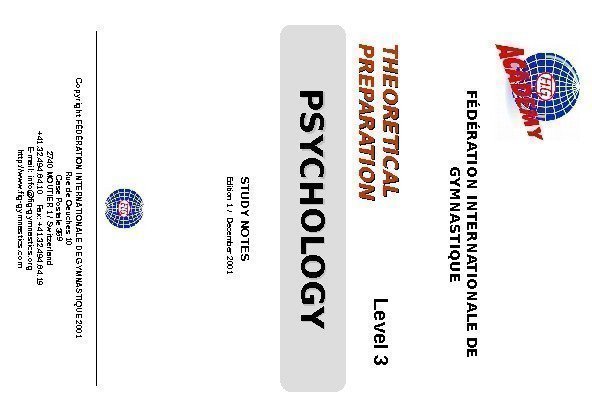
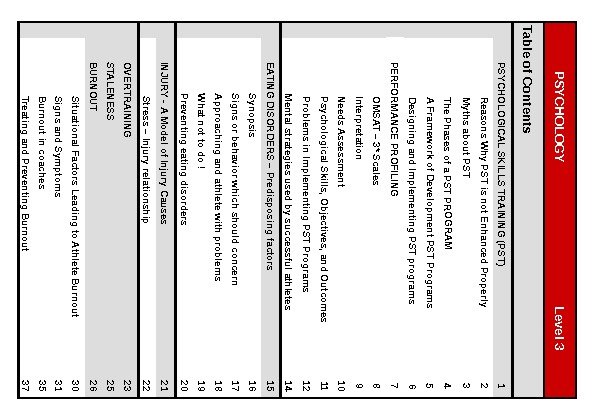
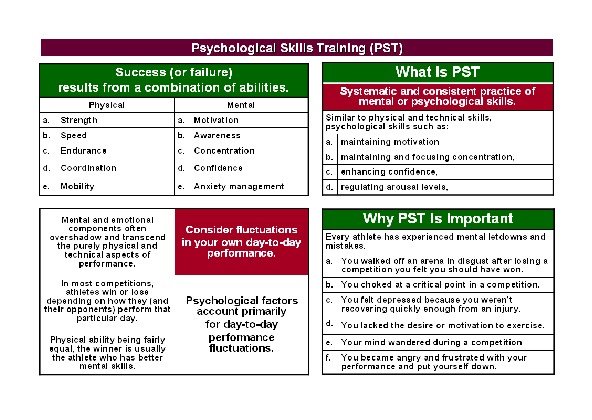
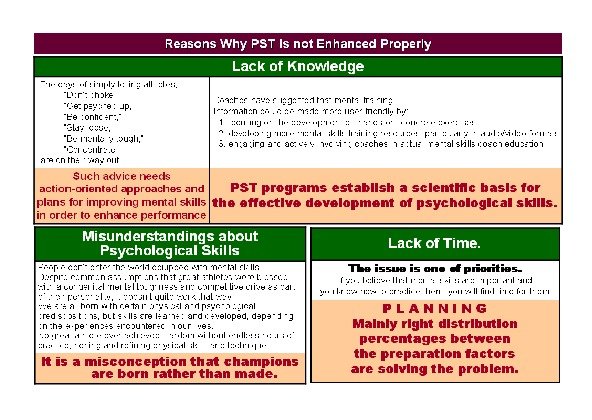
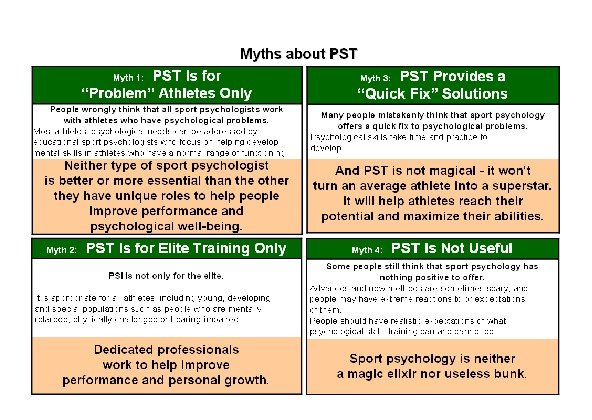
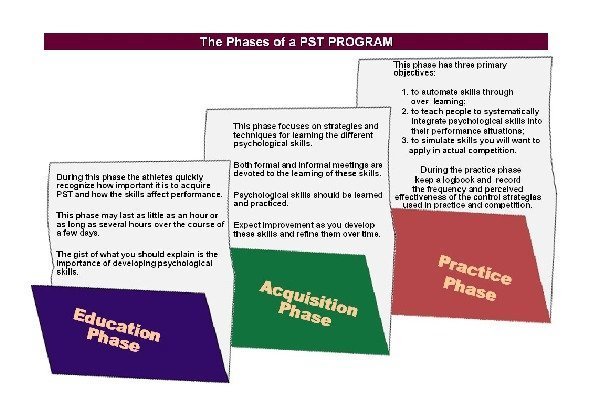
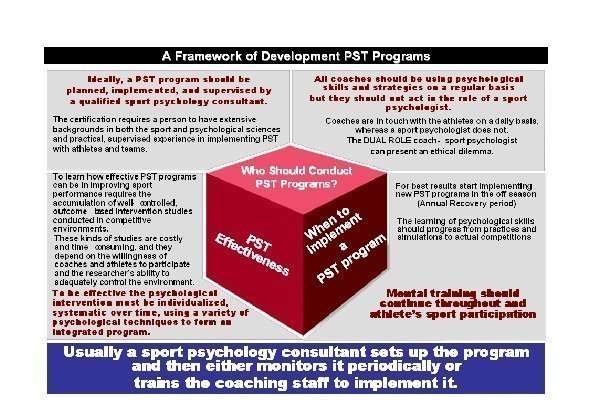
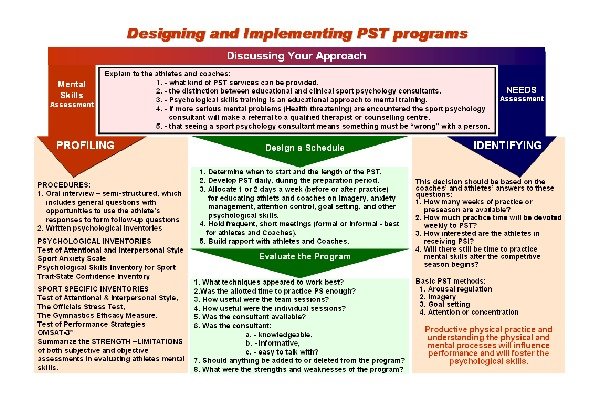
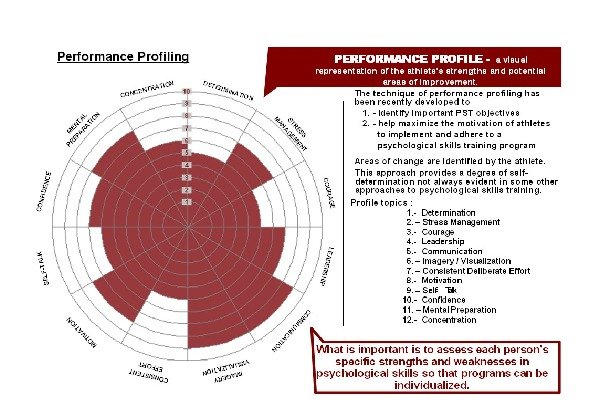
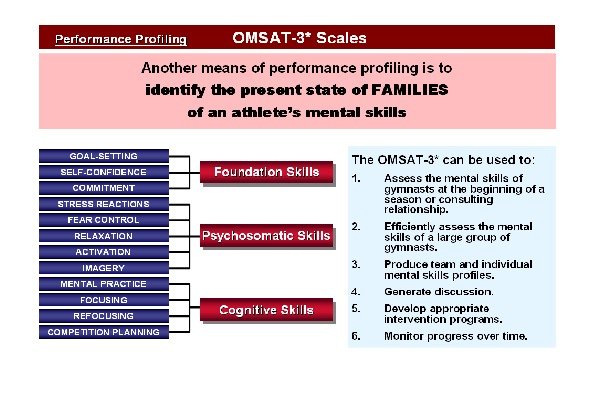
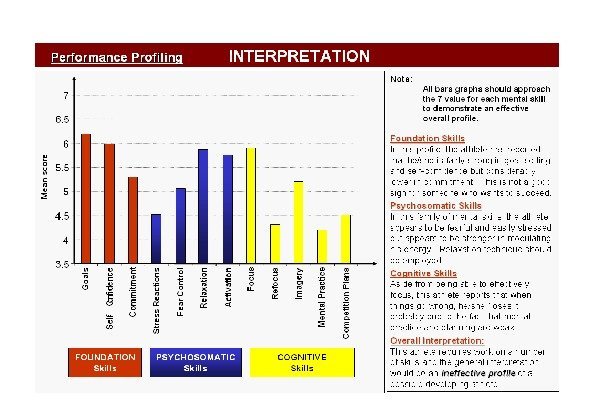
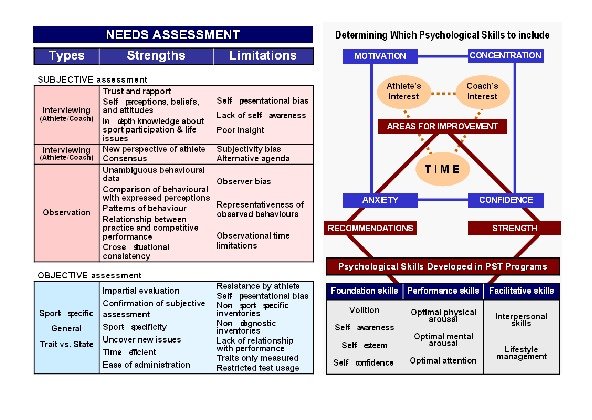
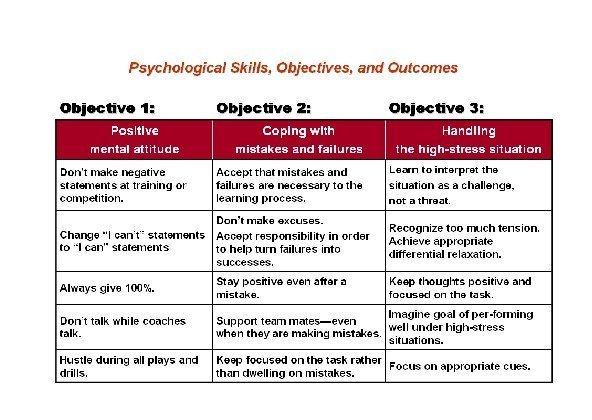
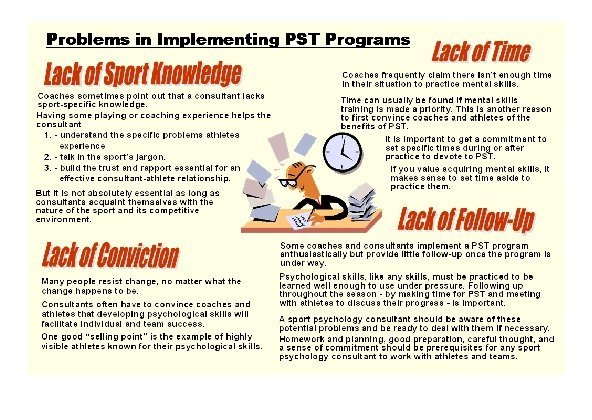
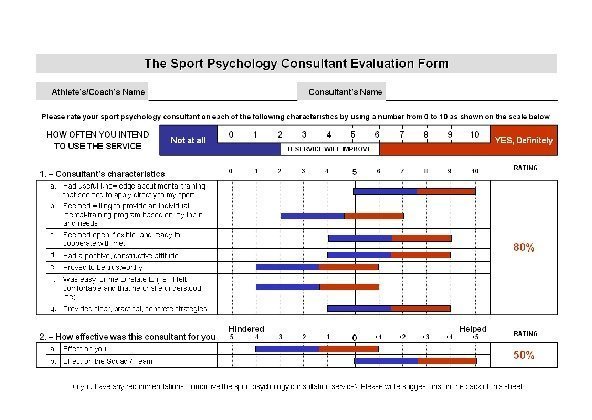
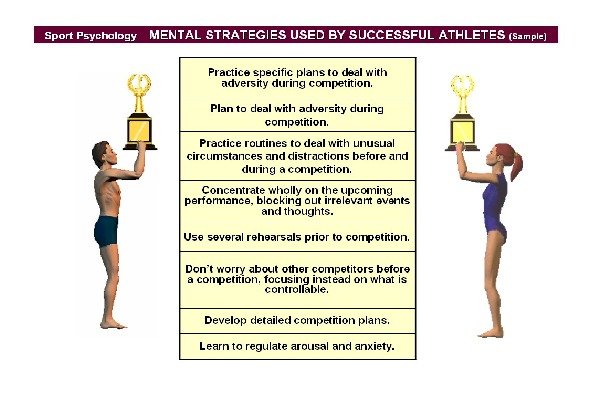
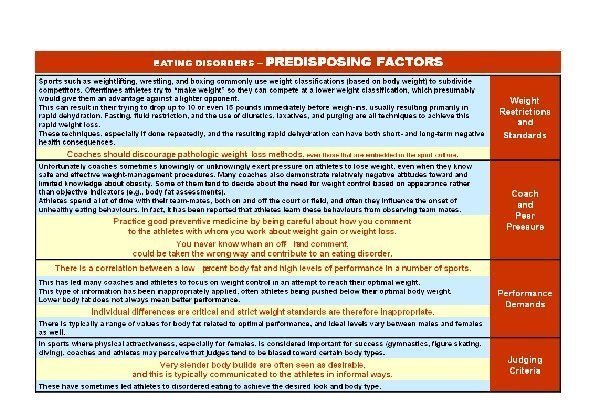
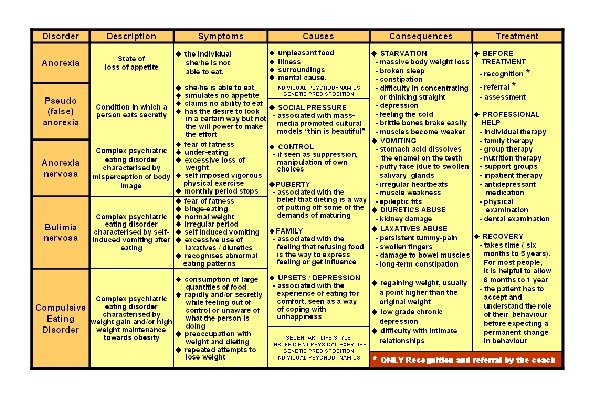
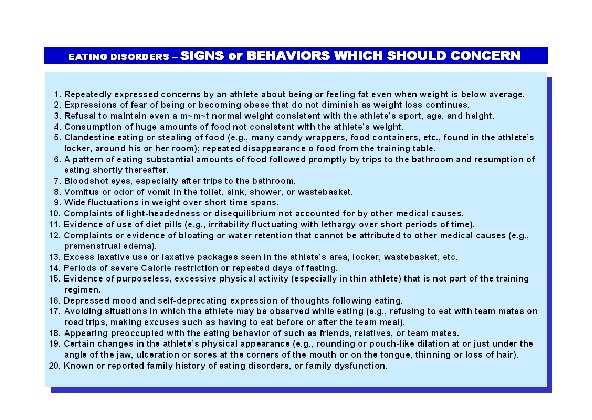
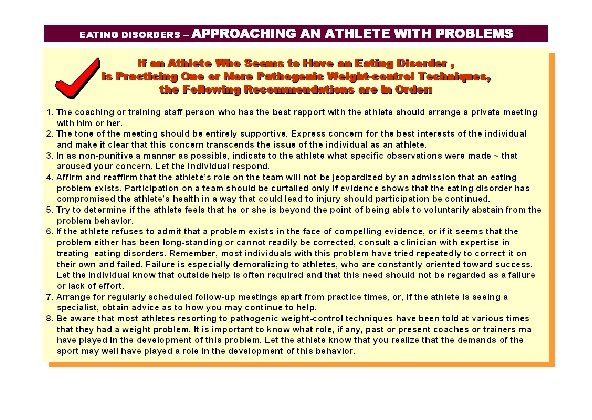
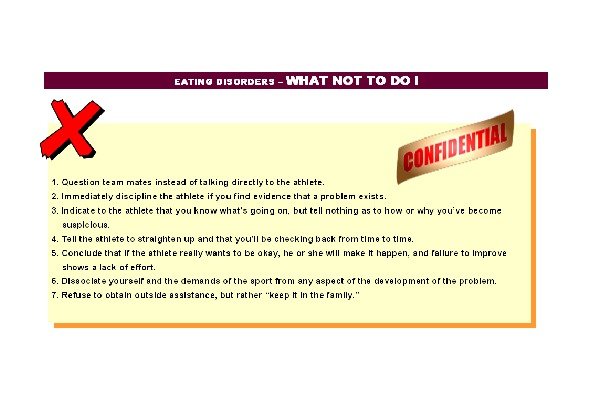
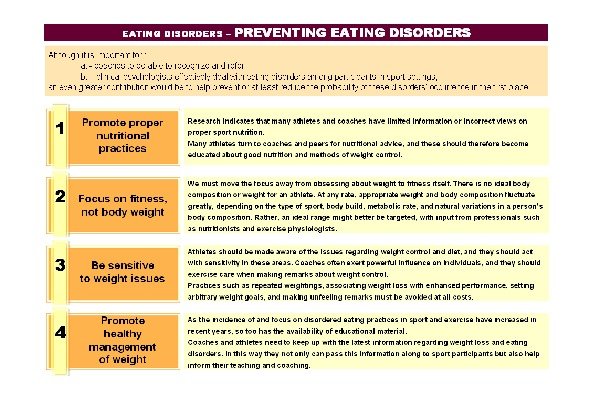
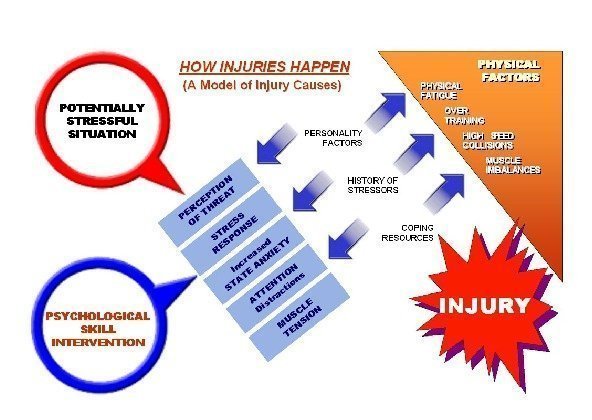
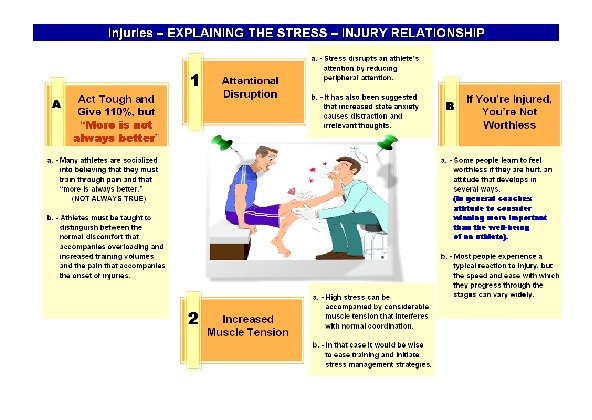
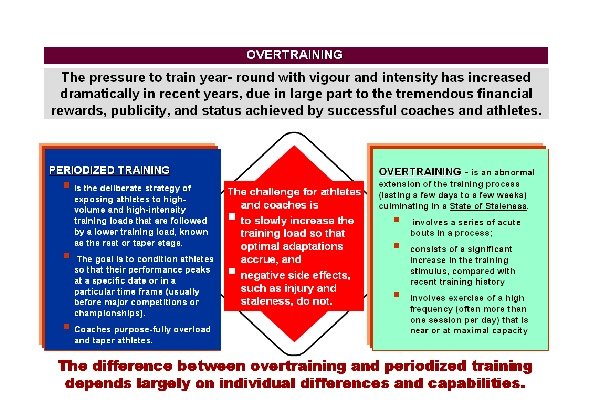
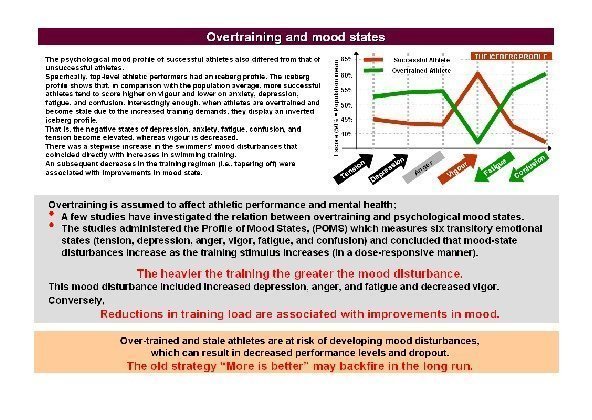
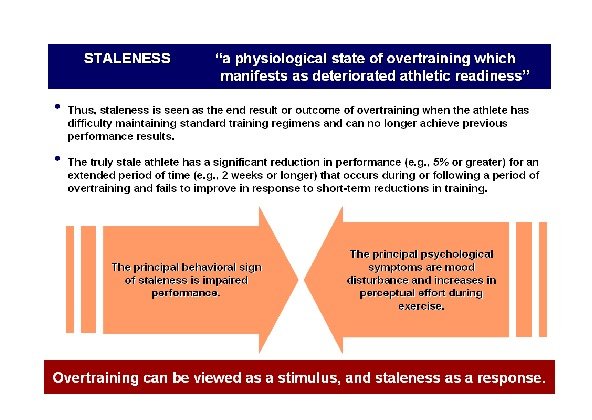
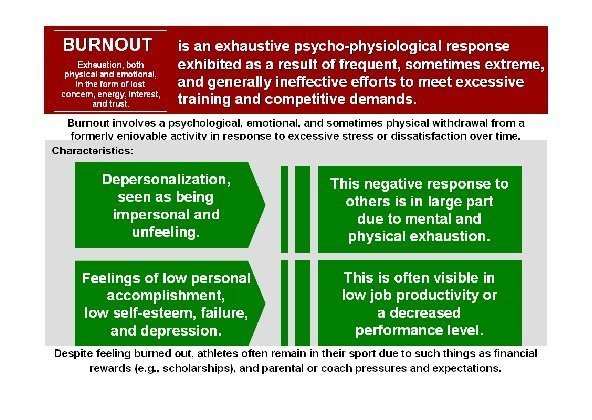
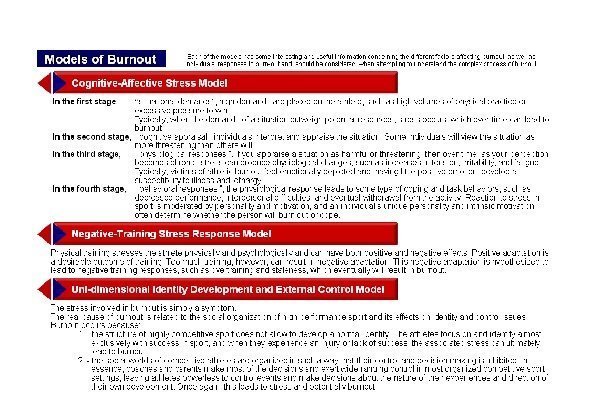
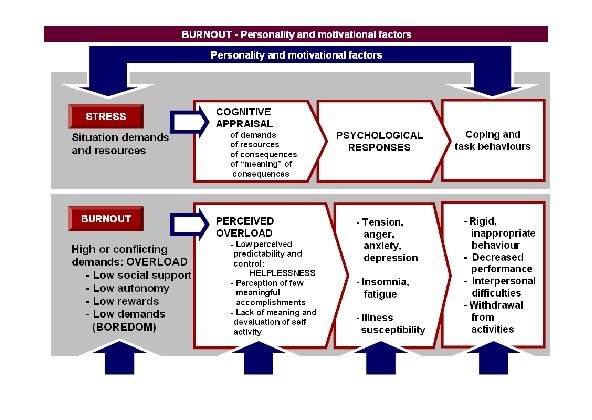
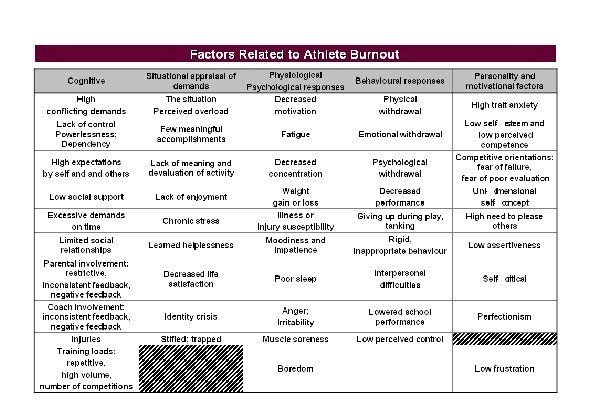
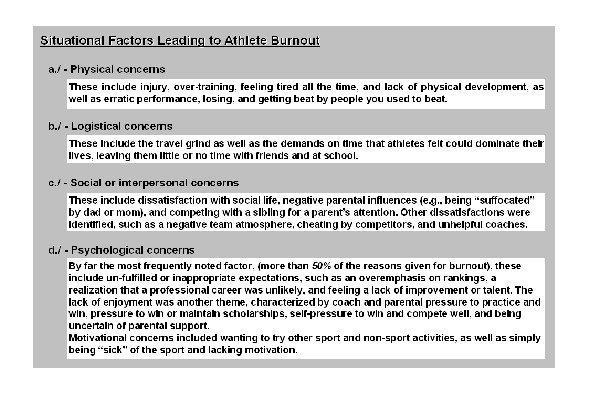
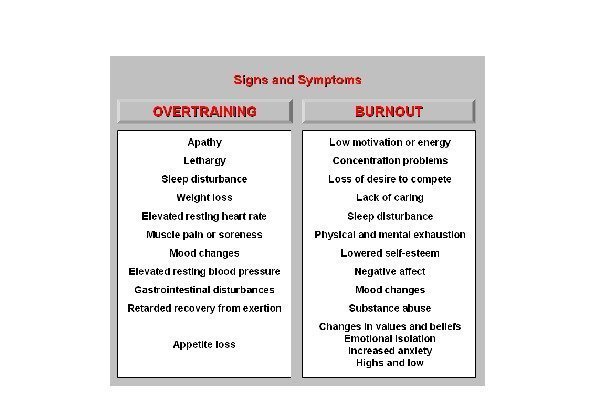
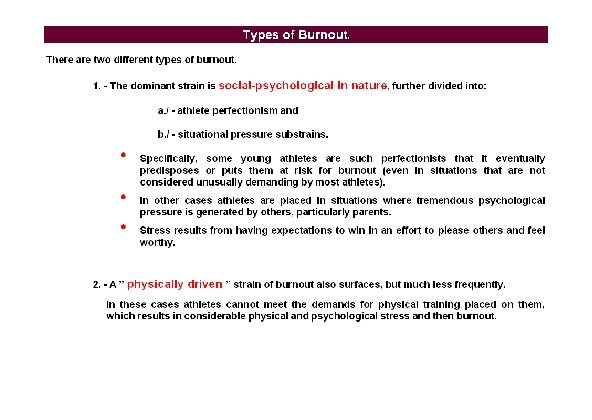
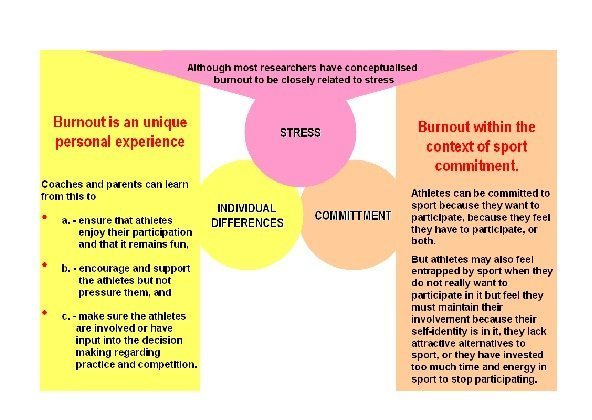
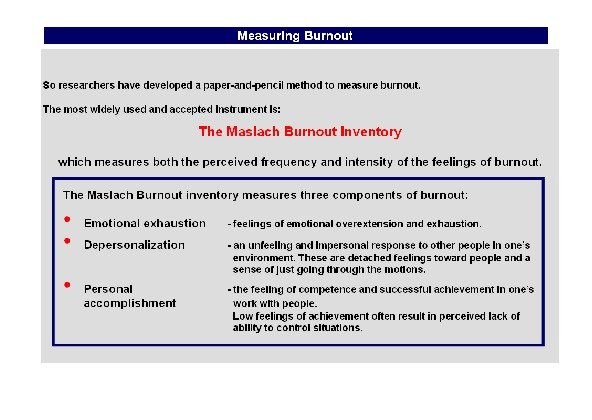
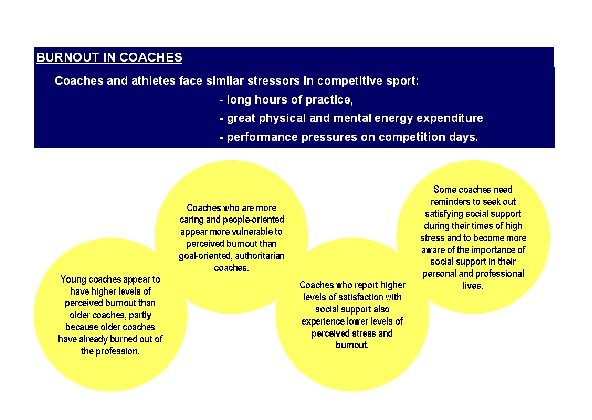
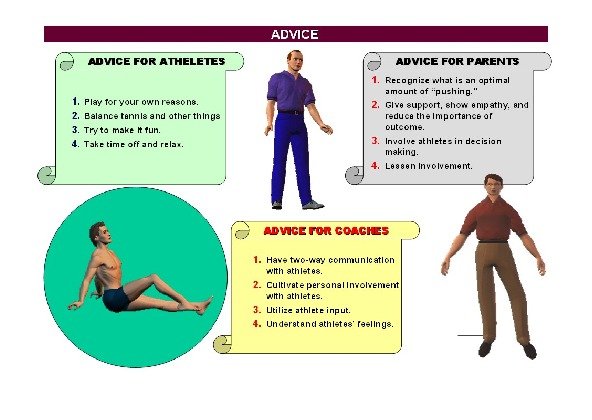
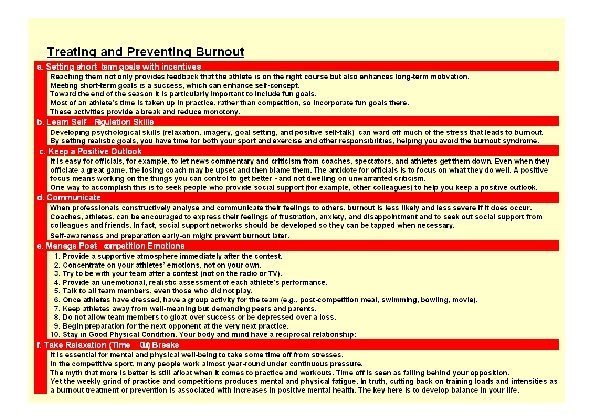

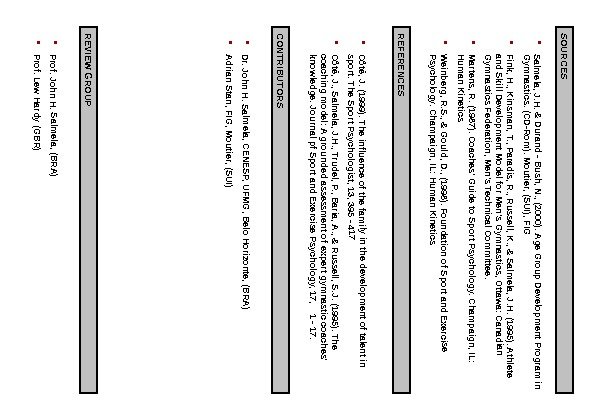

a5_psychology_level_3.ppt
- Размер: 4.7 Мб
- Автор:
- Количество слайдов: 42
Описание презентации Page 001 T H E O R E по слайдам
 Page 001 T H E O R E T IC A L P R E P A R A T IO N P S Y C H O L O G Y FÉD ÉR ATIO N IN TER N ATIO N A LE D E G YM N A S TIQ U E L e v e l 3 Copyright FÉDÉRATION INTERNATIONALE DE GYMNASTIQUE 2001 Rue de Oeuches 10 Case Postale 359 2740 MOUTIER 1 / Switzerland +41. 32. 494. 64. 10 Fax: +41. 32. 494. 64. 19 E-mail: info@fig-gymnastics. org http: //www. fig-gymnastics. com STUDY NOTES Edition 1 / December
Page 001 T H E O R E T IC A L P R E P A R A T IO N P S Y C H O L O G Y FÉD ÉR ATIO N IN TER N ATIO N A LE D E G YM N A S TIQ U E L e v e l 3 Copyright FÉDÉRATION INTERNATIONALE DE GYMNASTIQUE 2001 Rue de Oeuches 10 Case Postale 359 2740 MOUTIER 1 / Switzerland +41. 32. 494. 64. 10 Fax: +41. 32. 494. 64. 19 E-mail: info@fig-gymnastics. org http: //www. fig-gymnastics. com STUDY NOTES Edition 1 / December
 Page 00235 Burnout in coaches 15 EATING DISORDERS – Predisposing factors 9 Interpretation 10 Needs Assessment 8 OMSAT – 3* Scales 6 Designing and Implementing PST programs 11 Psychological Skills, Objectives, and Outcomes 12 Problems in Implementing PST Programs 14 Mental strategies used by successful athletes 16 Synopsis 17 Signs or behavior which should concern 18 Approaching and athlete with problems 19 What not to do ! 21 INJURY — A Model of Injury Causes 22 Stress – Injury relationship A Framework of Development PST Programs 5 PSYCHO LO G Y Level 3 Table of Contents 23 Reasons Why PST is not Enhanced Properly Myths about PST The Phases of a PST PROGRAM 41 PSYCHOLOGICAL SKILLS TRAINING (PST) 23 OVERTRAINING 37 Treating and Preventing Burnout 31 Signs and Symptoms 30 Situational Factors Leading to Athlete Burnout 7 PERFORMANCE PROFILING 20 Preventing eating disorders 25 STALENESS 26 BURNOUT
Page 00235 Burnout in coaches 15 EATING DISORDERS – Predisposing factors 9 Interpretation 10 Needs Assessment 8 OMSAT – 3* Scales 6 Designing and Implementing PST programs 11 Psychological Skills, Objectives, and Outcomes 12 Problems in Implementing PST Programs 14 Mental strategies used by successful athletes 16 Synopsis 17 Signs or behavior which should concern 18 Approaching and athlete with problems 19 What not to do ! 21 INJURY — A Model of Injury Causes 22 Stress – Injury relationship A Framework of Development PST Programs 5 PSYCHO LO G Y Level 3 Table of Contents 23 Reasons Why PST is not Enhanced Properly Myths about PST The Phases of a PST PROGRAM 41 PSYCHOLOGICAL SKILLS TRAINING (PST) 23 OVERTRAINING 37 Treating and Preventing Burnout 31 Signs and Symptoms 30 Situational Factors Leading to Athlete Burnout 7 PERFORMANCE PROFILING 20 Preventing eating disorders 25 STALENESS 26 BURNOUT
 Page
Page
 Page
Page
 Page
Page
 Page
Page
 Page
Page
 Page
Page
 Page
Page
 Page
Page
 Page
Page
 Page
Page
 Page
Page
 Page
Page
 Page
Page
 Page
Page
 Page
Page
 Page
Page
 Page
Page
 Page
Page
 Page
Page
 Page
Page
 Page
Page
 Page
Page
 Page
Page
 Page
Page
 Page
Page
 Page
Page
 Page
Page
 Page
Page
 Page
Page
 Page
Page
 Page
Page
 Page
Page
 Page
Page
 Page
Page
 Page
Page
 Page
Page
 Page
Page
 Page
Page
 Page 041 SOURCES Salmela, J. H. & Durand — Bush, N. , (2000). Age Group Development Program in Gymnastics. (CD-Rom). Moutier, (SUI), FIG Fink, H. , Kinsman, T. , Paradis, R. , Russell, K. , & Salmela, J. H. (1995). Athlete and Skill Development Model for Men’s Gymnastics, Ottawa: Canadian Gymnastics Federation, Men’s Technical Committee. Martens, R. (1987). Coaches’ Guide to Sport Psychology. Champaign, IL: Human Kinetics Weinberg, R. S. , & Gould, D. , (1998). Foundation of Sport and Exercise Psychology. Champaign, IL: Human Kinetics REFERENCES Côté, J. (1999). The influence of the family in the development of talent in sport. The Sport Psychologist, 13, 395 — 417 Côté, J. , Salmela, J. H. , Trudel, P. , Baria, A. , & Russell, S. J. (1995). The coaching model: A grounded assessment of expert gymnastic coaches’ knowledge. Journal pf Sport and Exercise Psychology, 17, 1 — 17. CONTRIBUTORS Dr. John H. Salmela, CENESP, UFMG, Belo Horizonte, (BRA) Adrian Stan, FIG, Moutier, (SUI) REVIEW GROUP Prof. John H. Salmela, (BRA) Prof. Lew Hardy (GBR)
Page 041 SOURCES Salmela, J. H. & Durand — Bush, N. , (2000). Age Group Development Program in Gymnastics. (CD-Rom). Moutier, (SUI), FIG Fink, H. , Kinsman, T. , Paradis, R. , Russell, K. , & Salmela, J. H. (1995). Athlete and Skill Development Model for Men’s Gymnastics, Ottawa: Canadian Gymnastics Federation, Men’s Technical Committee. Martens, R. (1987). Coaches’ Guide to Sport Psychology. Champaign, IL: Human Kinetics Weinberg, R. S. , & Gould, D. , (1998). Foundation of Sport and Exercise Psychology. Champaign, IL: Human Kinetics REFERENCES Côté, J. (1999). The influence of the family in the development of talent in sport. The Sport Psychologist, 13, 395 — 417 Côté, J. , Salmela, J. H. , Trudel, P. , Baria, A. , & Russell, S. J. (1995). The coaching model: A grounded assessment of expert gymnastic coaches’ knowledge. Journal pf Sport and Exercise Psychology, 17, 1 — 17. CONTRIBUTORS Dr. John H. Salmela, CENESP, UFMG, Belo Horizonte, (BRA) Adrian Stan, FIG, Moutier, (SUI) REVIEW GROUP Prof. John H. Salmela, (BRA) Prof. Lew Hardy (GBR)
 Page 042 These notes have been produced for E d u c a tio n p u rp o s e s O N L Y IM P O R T A N T !Design and Compilation ADRIAN STAN
Page 042 These notes have been produced for E d u c a tio n p u rp o s e s O N L Y IM P O R T A N T !Design and Compilation ADRIAN STAN

